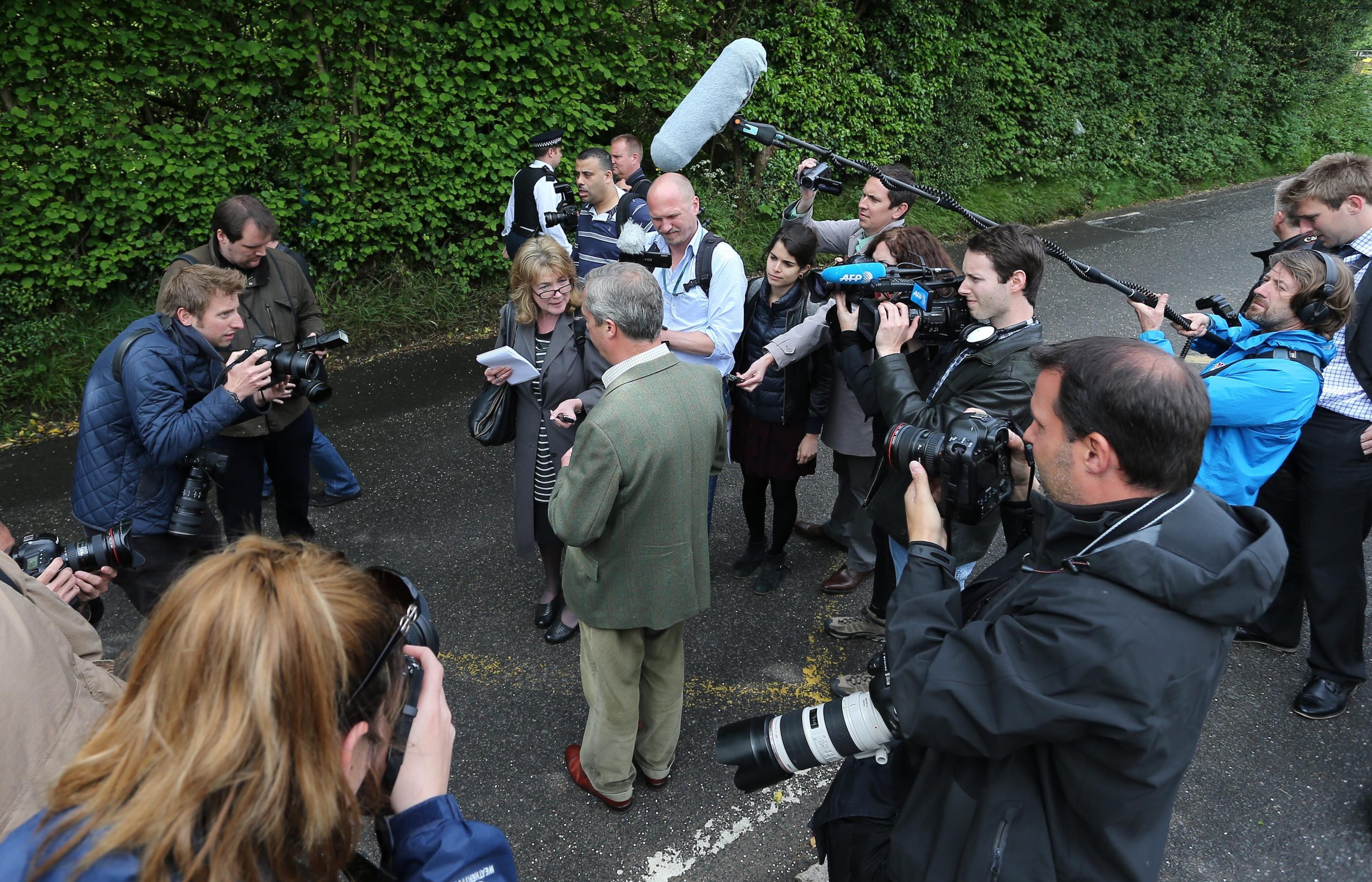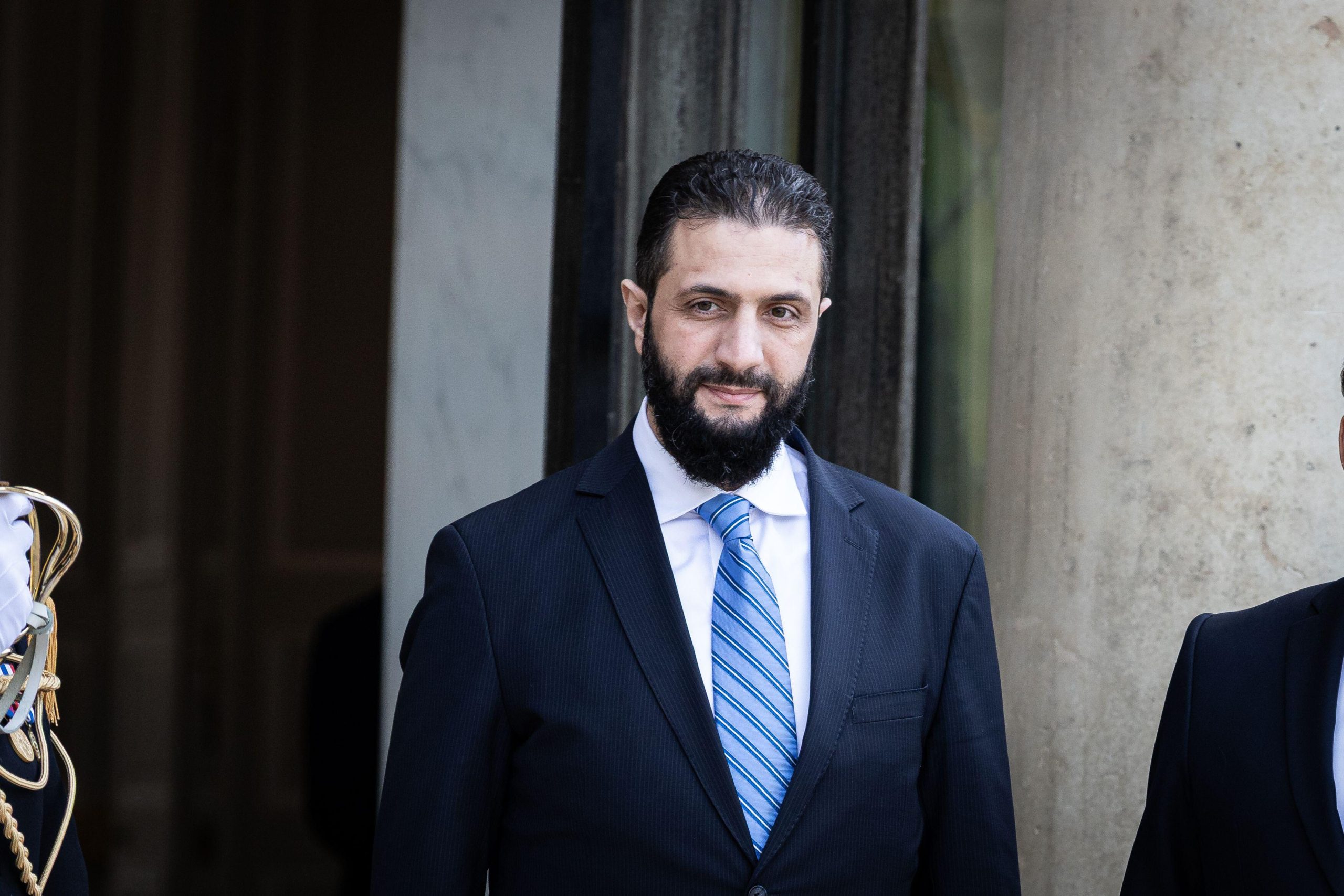
Photo: Shutterstock
A proposed bill in Egypt outlawing violence against women has now been proposed by the country’s National Council for Women. But is it a step forward in tackling the silence around sexual harassment in the country? Shahira Amin reports
Egypt’s National Council for Women (NCW) has submitted a draft law addressing all forms of violence against women to the Shura or Consultative Council, the country’s lower house of parliament.
The proposed law would criminalise violence against women, including forced marriage, trafficking, female genital mutilation, and sexual harassment in its many forms. The law also includes provisions encouraging victims to report incidents of harassment and assault, while ensuring their protection.
The draft came at the request of Prime Minister Hisham Qandeel, after a rise in the number and intensity of sexual assaults at protests. The violence peaked earlier this year, when 25 female protesters were the victims of mob violence and sexual assault during protests in Tahrir Square on the second anniversary of the 2011 mass uprising.
Sexual harassment is a daily reality for the majority of Egyptian women: a UN report released April 2013 estimated that 99 per cent of Egyptian women have been subjected to some form of harassment.
If passed, the law will be a step towards addressing Egypt’s crippling culture of self-censorship around violence against women.
Social stigma around sexual assault and rape has been a barrier in speaking out in Egypt’s conservative society, but this taboo has been actively challenged since the fall of former President Hosni Mubarak more than two years ago.
“Because a girl’s chastity is linked to family honour, women were either too ashamed to report the incidents to the police for fear of being stigmatised or they blamed themselves for causing the harassment or assault believing it may have happened because they were not dressed modestly enough or were out at a late hour,” explained Nehad Abou Komsan, head of the Egyptian Center for Women’s Rights.
“With the fear barrier gone and in the freer post-revolution environment however, more women are coming forward to report assault or rape incidents. That is the positive change that the revolution has brought: the silence has been broken,” she told Index. The provision guaranteeing protection for witnesses to assault incidents will also encourage them to come forward with their testimonies instead of turning a blind eye to such incidents, she added.
Egypt has seen a surge in violence against women post-revolution, sparking a more emboldened movement against sexual harassment, which some have alleged to be politically motivated. Movements like Tahrir Bodyguard and Harassmap have formed in order to address and speak out against sexual harassment. Women have been more vocal in speaking out in the media, and giving graphic accounts of their experiences.
NGO Nazra for Feminist Studies has explained the surge in violence against women post-revolution as “a continuation of the ousted regime’s policies and part of attempts by the various security agencies and the remnants of the former regime to keep women away from the public sphere.”
While rights campaigners hail the draft law on violence against women as “a major step in the right direction”, they say legislation alone will not end violence.
Fatma Khafagy, NCW ombudsman said that “what is needed is a change in the mindset of both women and men. Men have to learn to respect women as equal partners in society, while women have to realise that they should not tolerate violence in any form”, said Khafagy. Changing attitudes will take time, she noted, adding that “what is important is that the process has started .”
While rights advocates hail the bill as “timely”, they fear that the Islamist-dominated Shura Council may block the bill on the grounds that it may be seen as violating Sharia or Islamic law.
In March this year, the Muslim Brotherhood issued a controversial statement during this year’s Commission on the Status of Women (CSW) rejecting the document drafted on eliminating violence against women, saying that it included articles that “contradict the principles of Islam and destroy its ethics”.
The Muslim Brotherhood’s stance was quickly condemned by the NCW.




